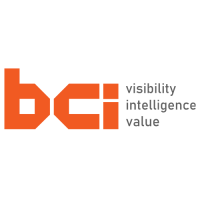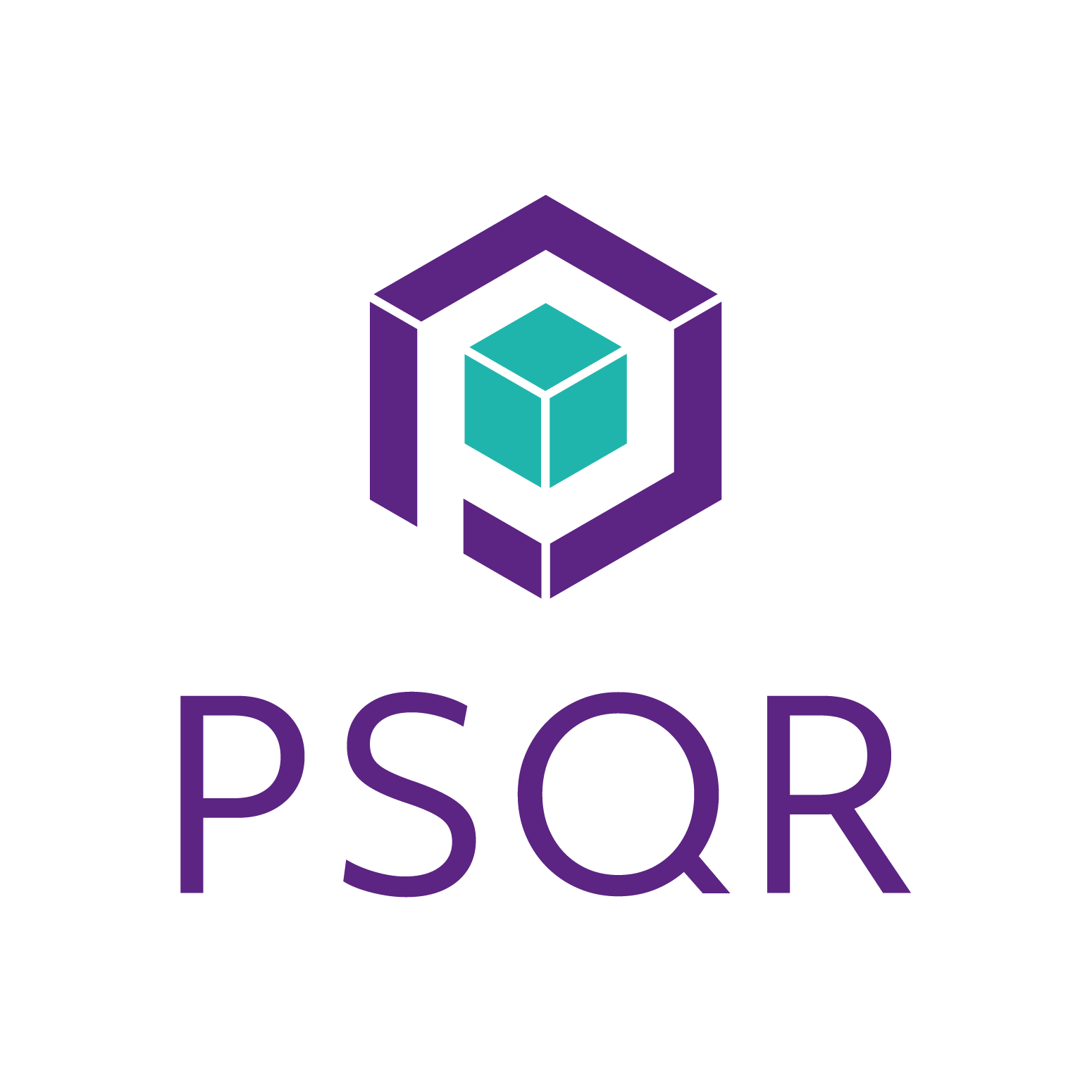Description

LeanDNA

Prophet
Comprehensive Overview: LeanDNA vs Prophet
LeanDNA
a) Primary Functions and Target Markets: LeanDNA is a cloud-based actionable intelligence platform specifically designed to help manufacturers minimize excess inventory and eliminate material shortages. Its primary functions include inventory optimization, predictive analytics, and actionable insights to improve operational efficiency. The platform is designed to work seamlessly with existing ERP systems, offering real-time data analytics and reporting features to drive better decision-making.
The target market for LeanDNA includes manufacturing companies across various industries, such as aerospace, automotive, electronics, and industrial machinery. Companies that need to optimize their supply chain and inventory management processes are the primary customers.
b) Market Share and User Base: LeanDNA is a niche product in the broader market of supply chain management tools. Given its specialized nature and focus on manufacturing, its market share is smaller than that of larger, more generalized supply chain solutions. The user base is typically composed of mid-sized to large manufacturing companies looking for tailored solutions to specific inventory and supply chain challenges.
c) Key Differentiating Factors:
- Specialization in Manufacturing: LeanDNA's focus is on solving inventory management problems specifically within the manufacturing sector.
- Integration with ERPs: It offers robust integration with existing ERP systems, allowing for seamless data exchange and minimizing disruption.
- Actionable Insights: The platform is designed to not just provide data but to drive actions by offering targeted recommendations for improvement.
Prophet
a) Primary Functions and Target Markets: Prophet is a product developed by Meta (formerly Facebook) for time-series forecasting. It is an open-source tool designed to handle forecasting problems at scale, allowing businesses to predict future demand, sales, or other trends. It's particularly effective when dealing with data that displays patterns on different time scales, such as daily, weekly, or yearly seasonalities.
Prophet's primary users include data scientists and analysts in various industries, such as retail, finance, and marketing, that require accurate demand forecasting to drive strategic decision-making.
b) Market Share and User Base: Prophet is widely used within the data science community due to its open-source nature and the reputation of Meta. While it doesn't have a "market share" in the traditional sense as a commercial product, its user base is broad and includes entities looking for robust and scalable forecasting tools.
c) Key Differentiating Factors:
- Ease of Use: Prophet is designed to be intuitive, allowing users with different levels of technical expertise to generate accurate forecasts with minimal configuration.
- Open Source: Being open-source, it offers flexibility, transparency, and no licensing costs, encouraging adoption among individual users and companies alike.
- Robust to Missing Data and Outliers: Prophet is designed to handle datasets with missing values and outliers effectively, making it versatile across different applications and industries.
Comparison
- Market Focus: LeanDNA is more industry-specific, targeting manufacturing, whereas Prophet is industry-agnostic, applicable to any field with time-series forecasting needs.
- Functionality: LeanDNA provides specialized tools for inventory and supply chain management versus Prophet's focus on forecasting capabilities.
- User Base: LeanDNA's user base consists of manufacturing professionals, while Prophet appeals to a broader range of data scientists and analysts.
- Access and Cost: LeanDNA is a commercial product with its pricing model, while Prophet is free and open-source, providing a cost-effective solution for businesses or individuals with forecasting needs.
Together, these differences highlight how LeanDNA and Prophet serve different business needs and market segments, providing value through specialized features and capabilities suited to their respective domains.
Contact Info

Year founded :
2014
+1 512-790-3360
Not Available
United States
http://www.linkedin.com/company/leandna

Year founded :
1992
Not Available
Not Available
United States
Not Available
Feature Similarity Breakdown: LeanDNA, Prophet
LeanDNA and Prophet are tools designed to address different domains, with LeanDNA focusing on inventory optimization and supply chain management, and Prophet being an open-source forecasting tool developed by Facebook for time series data. Despite their differences, it is still useful to explore potential similarities in terms of features, user interfaces, and unique attributes they might possess.
a) Core Features in Common
Given their differing primary objectives, LeanDNA and Prophet share limited high-level features related to data analysis and decision support:
-
Data-Driven Decision Making: Both tools emphasize the importance of data in driving decisions, whether it's optimizing inventory levels or generating accurate forecasts for future trends.
-
Analytics and Insights: They provide analytics and insight capabilities to help users understand patterns, whether in inventory data or time series forecasts.
-
Scalability: Both are designed to handle large datasets efficiently, albeit in different contexts (supply chain data versus time series data).
b) User Interface Comparison
LeanDNA:
- LeanDNA offers a more business-oriented interface typical of enterprise software. It typically includes dashboards and visualizations specific to supply chain metrics like inventory levels, supplier performance, and potential stockout risks.
- The interface is likely to be more structured and user-friendly for non-technical business users, with clear, actionable recommendations and alerts.
Prophet:
- As a forecasting tool primarily accessed via a coding environment (like Jupyter Notebook or scripted use in R/Python), Prophet doesn't have a GUI-centric interface. Instead, it operates as a library where users write code to import data, apply the forecasting model, and visualize results using additional tools.
- Its "interface" is command-line driven, requiring users to have technical skills to script their forecasting processes.
c) Unique Features
LeanDNA:
- Inventory Optimization: LeanDNA is uniquely tailored to optimize supply chain operations with features like actionable recommendations, supplier collaboration tools, and prioritization of tasks based on business impact.
- Supply Chain Specific Dashboards: Visual tools designed specifically to inform supply chain decisions, such as inventory health scores and dynamic action lists.
Prophet:
- Open-Source Flexibility: As an open-source tool, Prophet offers flexibility for customization and tweaking beyond fixed product features, allowing users to adjust the model to suit specific forecasting needs.
- Automatic Changepoint Detection: Prophet incorporates mechanisms to detect and adapt to shifts in the data automatically, a feature especially useful for time series with seasonal fluctuations or irregular trends.
- Multiple Language Support: Works seamlessly in both Python and R, providing accessibility across different programming environments.
In summary, while LeanDNA and Prophet have some overlapping themes in analytics and data-driven decision-making, they cater to different user bases and offer unique features aligned with their respective focuses. LeanDNA provides a comprehensive toolset for supply chain optimization, whereas Prophet specializes in time series forecasting with a flexible, coding-oriented approach.
Features

Collaboration Tools
Inventory Optimization
Supply Chain Visibility

Performance Tracking
User Experience
Collaboration Tools
Integration Capabilities
Best Fit Use Cases: LeanDNA, Prophet
LeanDNA and Prophet are tools designed for different purposes and are suited for various business needs. Here's an overview of each, focusing on their optimal use cases, the scenarios in which they excel, and how they cater to different industries or company sizes:
LeanDNA
a) Best Fit Use Cases:
- Manufacturing Companies: LeanDNA is particularly well-suited for manufacturing businesses that need to optimize inventory management and improve supply chain efficiency. It is ideal for companies that strive to reduce excess inventory, prevent stockouts, and accelerate production by providing actionable insights.
- Supply Chain Management: Organizations with complex supply chains can benefit from LeanDNA’s ability to aggregate and analyze data from various systems. It helps in optimizing procurement and inventory processes.
- Lean Operations: Companies focused on lean operations will find LeanDNA useful in identifying areas of waste and improving operational efficiency, helping to streamline workflows and improve overall productivity.
d) Catering to Industry Verticals or Company Sizes:
- LeanDNA caters to manufacturing verticals such as aerospace, automotive, and electronics, where inventory management and lean practices are critical. It is scalable to fit medium to large enterprises with complex operations.
- It can be deployed in different industrial settings, providing value through actionable data insights that help align inventory levels with actual demand.
Prophet
b) Preferred Use Scenarios:
- Time Series Forecasting: Prophet, developed by Facebook, is specifically designed for time series forecasting. It is ideal for businesses needing to predict future trends or outcomes based on historical data.
- Seasonality and Trend Analysis: Companies that experience seasonal variation or want to capture trend components in their data can benefit from Prophet’s modeling capabilities.
- Rapid Prototyping and Deployment: Data science teams looking for a tool that allows for rapid prototyping and easy deployment of predictive models will find Prophet beneficial due to its user-friendly API and robust handling of missing data and outliers.
d) Catering to Industry Verticals or Company Sizes:
- Prophet can be applied across various industries, such as retail for sales forecasting, finance for predicting stock trends, or tech companies for workload forecasting in cloud computing.
- It is suitable for both small startups and large corporations that have access to historical data but need a scalable framework that can handle datasets of varying sizes and complexities.
In summary, LeanDNA excels in manufacturing and supply chain environments that require inventory optimization and lean processes, while Prophet is a versatile forecasting tool for businesses that need reliable time series predictions and trend analysis across various sectors.
Pricing

Pricing Not Available

Pricing Not Available
Metrics History
Metrics History
Comparing teamSize across companies
Conclusion & Final Verdict: LeanDNA vs Prophet
Conclusion and Final Verdict: LeanDNA vs. Prophet
a) Best Overall Value:
Determining the best overall value between LeanDNA and Prophet depends largely on the needs and priorities of the user or organization. Each product offers unique strengths tailored to different applications:
-
LeanDNA is particularly advantageous for manufacturers looking to optimize supply chain performance and inventory management. Its value is maximized when used in environments that require collaborative analytics to reduce excess inventory, prevent shortages, and improve operational efficiency.
-
Prophet (assuming this refers to Facebook’s Prophet for forecasting) offers significant value to businesses that need sophisticated time-series forecasting capabilities. Its ease of use, scalability, and adaptability to different forecasting needs make it highly valuable for organizations requiring accurate future trend predictions.
b) Pros and Cons:
LeanDNA:
- Pros:
- Specifically designed for manufacturing and supply chain optimization.
- Provides actionable insights for inventory management.
- Facilitates collaboration with vendors and internal stakeholders.
- Cons:
- May not be suitable for businesses outside of supply chain and manufacturing sectors.
- Can require significant data integration and setup effort to fully realize benefits.
Prophet:
- Pros:
- Highly effective for forecasting across various industries.
- User-friendly and accessible for those familiar with Python and R.
- Robust handling of holidays, missing data, and trend changes.
- Cons:
- Primarily focused on forecasting, so it lacks broader operational insights.
- Might require technical expertise to implement effectively.
c) Recommendations for Users:
-
Assess your primary needs:
- If your main requirement is inventory management and supply chain optimization, LeanDNA is likely the better choice.
- If forecasting demand, sales, or any other time-series data is your main focus, Prophet provides more value.
-
Consider industry specificity:
- LeanDNA is more tailored to specific industries (e.g., manufacturing), while Prophet is more versatile across sectors.
-
Evaluate technical capabilities:
- If you have a team comfortable with Python/R who need advanced forecasting models, Prophet will be easier to integrate.
- If your team needs a more turnkey solution for supply chain needs with less focus on technical customization, LeanDNA is preferable.
-
Pilot programs and trials:
- Consider running pilot programs or trials if feasible to test each product in your operational environment before committing fully.
Ultimately, the decision between LeanDNA and Prophet should be based on how well each product aligns with your strategic objectives, the resources available for implementation, and the specific areas where your organization needs most improvement.
Add to compare
Add similar companies




